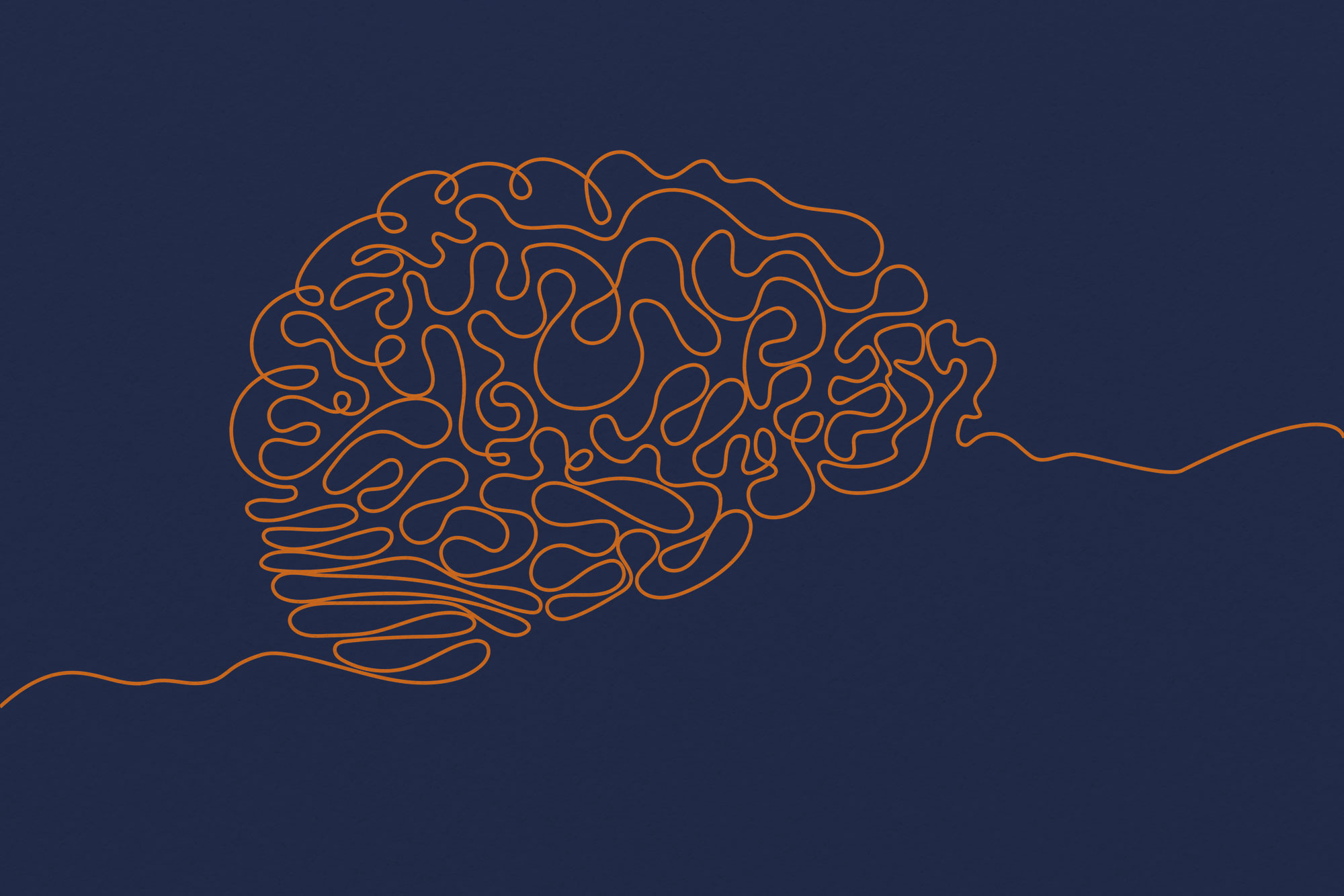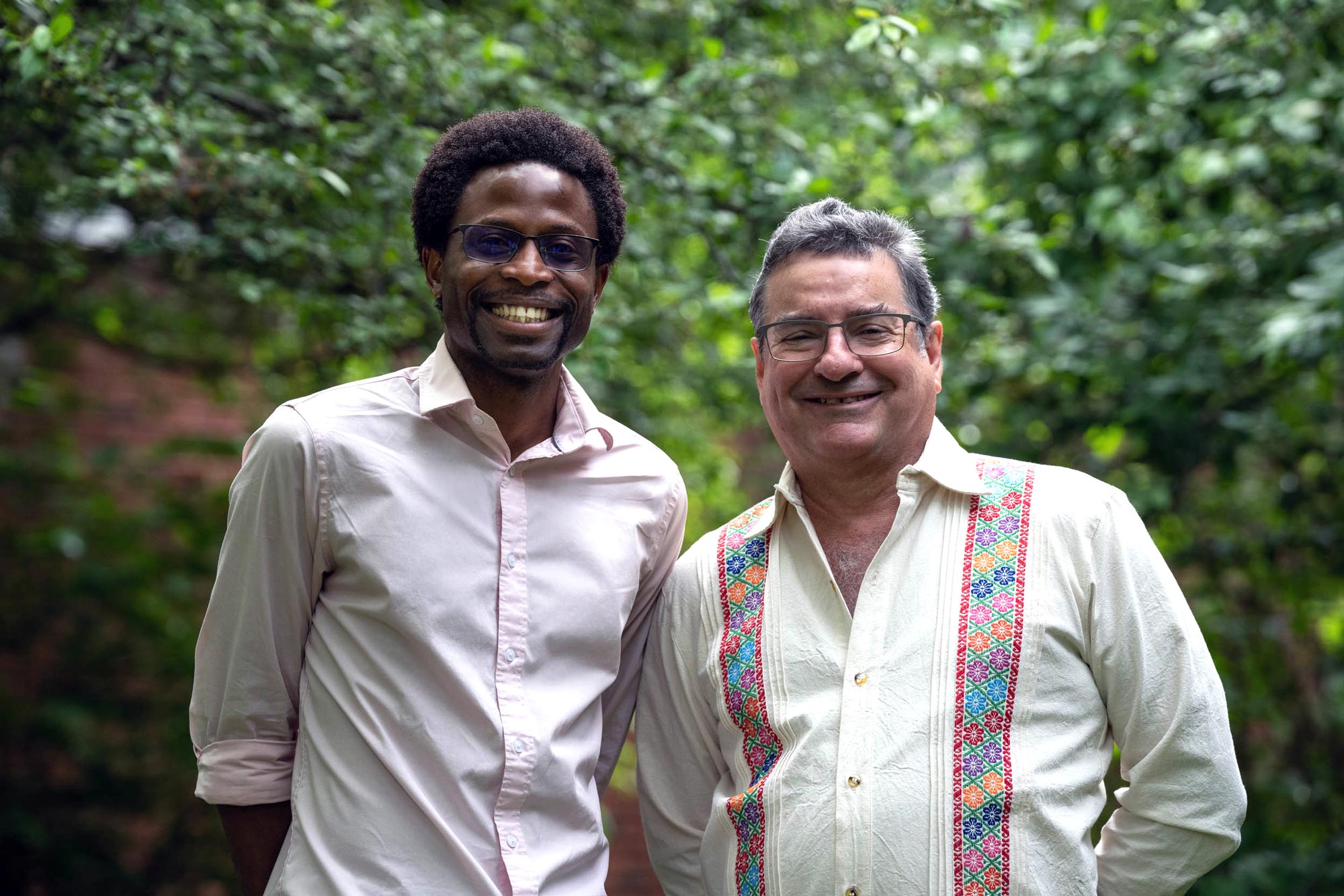New University of Virginia School of Medicine insights into how the brain responds to seizures could help with development of much-needed treatments for patients who don’t respond to existing options.
Research by UVA’s Ukpong B. Eyo and Edward Perez-Reyes suggests immune cells called microglia play important, beneficial roles in controlling various types of seizures.
“Over the years, there has been debate as to the precise roles of microglia in seizure disorders, and the availability of precise tools to specifically target microglia without affecting other aspects of the brain has been lacking – until the approach we have employed in this study,” said Eyo, of UVA’s Department of Neuroscience and Center for Brain Immunology and Glia (the BIG Center), as well as the UVA Brain Institute.
Eyo said the study suggests enhancing the cells’ activities could offer a promising approach to treating seizures from a variety of causes.
Understanding Seizures
Seizure disorders affect more than 65 million people around the world. In addition to immediate dangers caused by seizures, prolonged seizures called “status epilepticus” can cause permanent brain damage.






